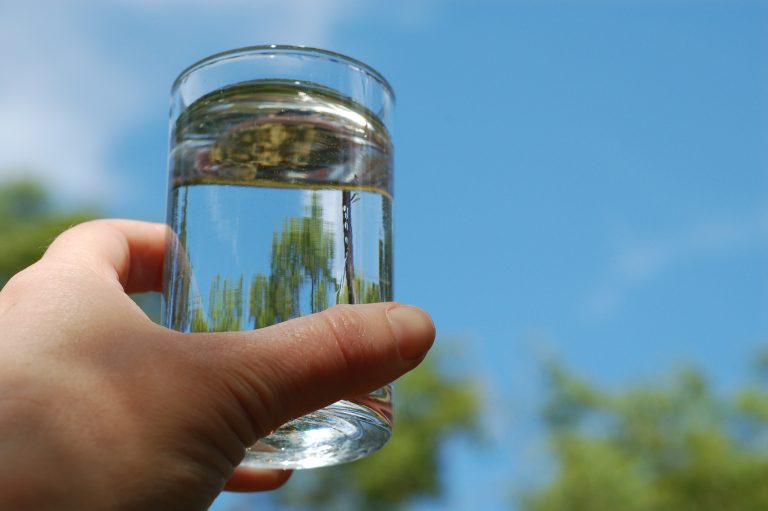Irish water quality is still below standard, according to a recent EPA report.
A key problem is the discharge of raw sewerage into our water ways, leading to a decline in areas of pristine water quality.
The EPA examined water quality over the period 2010 to 2015 but failed to analysise why this has occurred.
After the crash of 2008, the state reduced investment in basic infrastructure to help pay for the bank bail outs.
Between 2011 and 2014, the state cut back its investment on water from €435 million to €296 million – a cut of 32 percent.
In agreement with the Troika, its policy was to move to ‘full cost recovery in the provision of water services’.
In simple English, it wanted to reduce state investment further and transfer the cost onto citizens through water charges.
It aimed to withdraw from direct funding almost entirely by 2018 and transfer control of water treatment plants to public-private partnerships.
These involve the state in signing secret commercial agreement with private companies to design, build and maintain water treatment plants.
They are often more costly than direct public control and lock the public authorities into contracts that may not be suitable for future developments.
One result has been that treatment plants built to certain specifications have become overused and are unable to properly cope with increases in sewerage.
Instead of cutting back on state investment and handing over control of water quality to the private sector, we need more investment in this service via general taxation.












